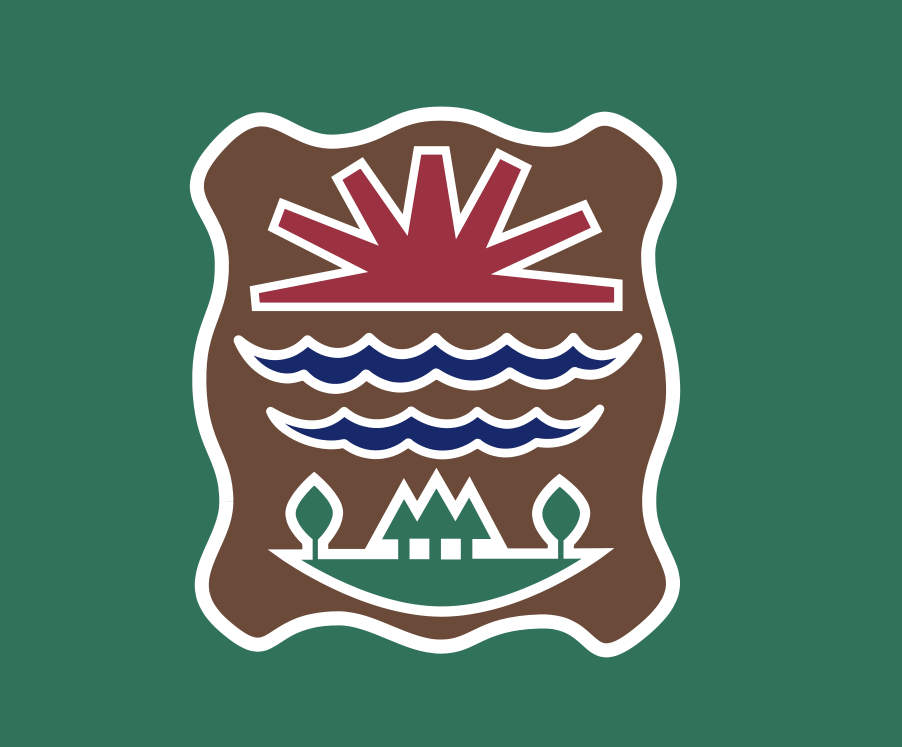August 29, 2022 | VT Digger
Tiffany Tan, Reporter
The Department for Children and Families is hoping to build stronger relationships with Vermont’s Abenaki tribes by hiring its first coordinator for state custody proceedings involving Native American children.
The role has been named the “Indian Child Welfare Act coordinator,” referring to a 1978 federal law that aims to keep Native American children under the care of relatives or tribe members whenever safe and possible.
Determining whether a minor is a registered tribal member or is eligible to register is an important factor in court cases involving “a child in need of care or supervision.”
When a child could have tribal affiliation or heritage, the coordinator will be responsible for verifying that information with the relevant tribes, said Lindsay Barron, policy and planning manager with DCF’s Family Services Division. The coordinator is expected to begin the part-time job in October.
Currently a paralegal with the Vermont attorney general’s office conducts these tribal verifications after DCF workers speak with a child’s family members, Barron said.
“Very rarely is it an affirmative ‘Yes, I am definitely a member,’” she said. “Usually, it is more of, ‘I think I might be’ or ‘I think my grandparent may have been. I would have to check with X, Y and Z family members to really know.’ That’s usually the type of uncertain answers we get.”

Barron said the new coordinator will also work closely with prosecutors at the attorney general’s office, who provide legal support to DCF’s Family Services Division.
The division doesn’t currently track which tribes it works with most often or how many ICWA-related cases are filed in Vermont each year, Barron said. As of Monday, she estimated that the division was involved in 10 such active cases.
The U.S. government has recognized 574 Native American tribes as of January. Though the Abenaki tribes are recognized by the state of Vermont, they’re not federally recognized and so are excluded from the Indian Child Welfare Act, Barron said.
But the Department for Children and Families is hoping that hiring an ICWA coordinator will help build collaborative relationships with Vermont’s Abenaki communities, as well as strengthen existing partnerships.
“There are opportunities to create working agreements and protocols to prioritize tribal collaboration when or if a child becomes involved with Vermont’s child welfare system,” Barron said.
Examples, she said, include setting up a system for initial notification, engaging the tribe and case planning to support the child’s family.

The Elnu band of the Abenaki tribe, which is based in southern Vermont, said it welcomed the new DCF position.
“We are supportive of this initiative on the part of the state,” said Rich Holschuh, a spokesperson for the Elnu Abenaki. “We look forward to creating policy and an agreement to shape it. And I think it’s another step forward in learning how we can be of assistance to each other and building community.”
The application period for the position closes on Wednesday.
According to information from the U.S. Administration for Children and Families, ICWA was enacted after the federal government recognized that Native American children were being removed from their homes and communities at a much higher rate than other children.
The law established federal standards for the removal and placement of Native American children as well as the termination of parental rights to protect the children’s best interests.
For more information on the Abenaki Tribe and its history in Vermont, click here.
To read this article online, click here

